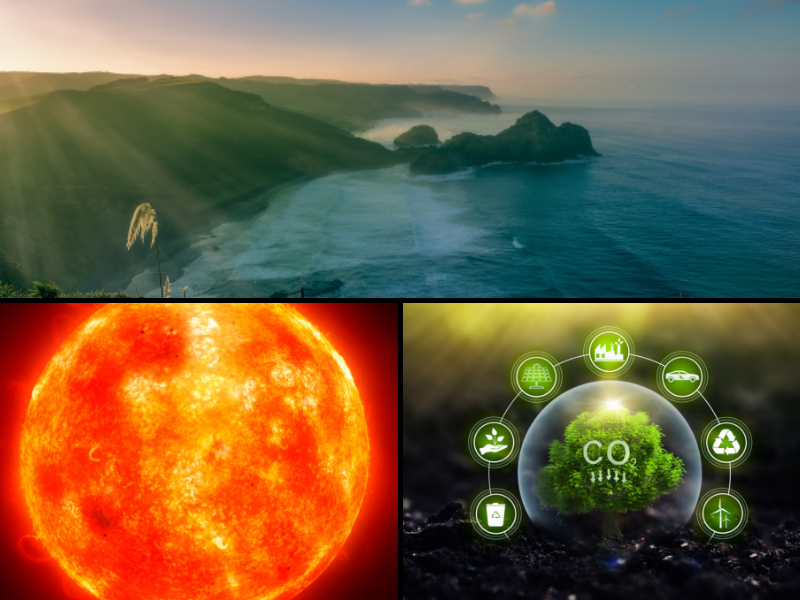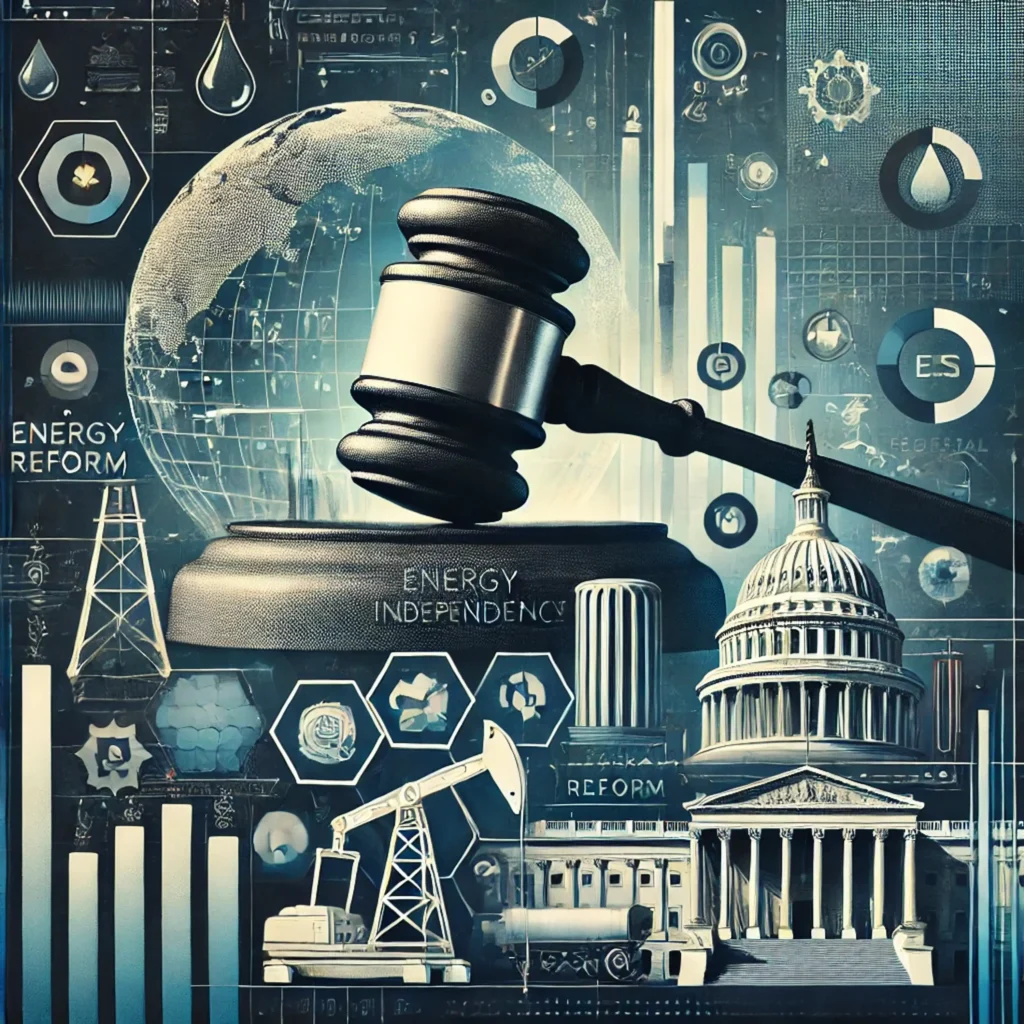A new Heartland Institute Policy Brief debunks the myth that global warming threatens American economic production and national security. In “Global Warming Energy Restrictions Threaten U.S. National Security,” Heartland Senior Fellow James Taylor, in collaboration with Admiral Thomas B. Hayward, argues global warming is actually a “threat reducer” and government attempts to combat climate change weaken the economy and military.
Climate change activists claim global warming is a “threat multiplier” that will exacerbate extreme weather conditions resulting in political and military conflicts that pose a risk to U.S. national security. However, the U.N. Intergovernmental Panel on Climate Change (IPCC) stated the opposite in its Fifth Assessment Report, which concludes “research does not find a strong positive relationship between warming and armed conflict.” Taylor notes that even if extreme weather events were threat multipliers, data show these events are less frequent.
Moreover, a warming climate produces higher crop yields, increases global foliage and soil moisture, and results in fewer tornados. In fact, according to the U.N. Food and Agriculture Organization, the 2017–18 season produced record global cereal yields per acre.
Proposals to shut down or discourage the production and use of fossil fuel energy usually include carbon dioxide taxes, renewable energy mandates, and hydraulic fracturing bans. When implemented, these misguided policies result in higher prices for virtually all goods and services. Currently, wind and solar power are several times more expensive than oil, gas, and coal power. Indeed, U.S. Energy Information Administration (EIA) data show states with renewable power mandates have energy rates substantially higher than the national average.
In fact, transitioning from fossil fuels to renewable energy sources would actually undermine America’s energy influence because the rare earth minerals necessary to produce renewables are mainly sourced from China. The United States is more energy independent than ever before. Therefore, this is not a politically or economically strategic time to transition to renewables. In the 2019 Annual Energy Outlook, EIA projects for the first time the United States will become a net fossil fuel exporter in 2020. Relying less on countries such as China, Russia, and Venezuela for energy bolsters America’s geopolitical interests and fortifies national security.
Taylor recommends elected officials take the following steps to enhance national security. “Policymakers should (1) encourage greater production of U.S. energy, (2) encourage optimal use of domestic energy resources in the economy, (3) support more U.S. energy exports, and (4) resist carbon dioxide restrictions.”
What We’re Working On
Energy & Environment
Oil and Gas Regulation Overhaul Bill Would Have Deleterious Effect on Colorado Economy
In this Research & Commentary, Policy Analyst Tim Benson writes about a proposal being fast-tracked in the Colorado Senate that would effectively place a moratorium on the oil and natural gas industries throughout the state. The bill would remove the existing cap on drilling permit application fees; weaken the state’s power to pre-empt local laws and regulations regarding permitting issues; and require companies to provide drilling permitting information to any town that claims to be “affected” by the drilling location.
Education
The Time Is Now for Universal ESAs in Iowa
In this Research & Commentary, Policy Analyst Tim Benson writes about a proposal in the Iowa General Assembly that would create education savings grants, a universal education savings account (ESA) program that would be open to all Hawkeye State children. Benson also discusses a recent EdChoice fiscal analysis of a universal ESA program in Iowa that would save state school districts at least $29 million, or roughly $6,600 per ESA student.
Health Care
Nebraska Considers Loosening Restrictions on Telemedicine
In this Research & Commentary, Senior Policy Analyst Matthew Glans discusses a bill in the Nebraska legislature that would expand telehealth services. “Telemedicine is a viable and beneficial health care option for patients and providers. It has the potential to provide routine health care services to more people and at a lower cost than traditional in-person delivery,” wrote Glans.
Budget & Tax
Michigan Considers Partial Reform of Civil Asset Forfeiture
In this Research & Commentary, Senior Policy Analyst Matthew Glans examines a bill in the Michigan legislature that would limit the potential for civil asset forfeiture abuse. “In short, law enforcement agencies should only seize assets that are directly involved with a crime, should only seize assets after the suspect has been convicted, and should not be incentivized to seize any more property than is necessary and justified,” wrote Glans.
From Our Free Market Friends
Exploring West Virginia’s Private Education Sector
The Cardinal Institute and EdChoice produced a policy publication about West Virginia’s private school sector. In 2018, EdChoice administered a first-of-its-kind survey of West Virginia private school leaders. The survey revealed key findings, including (1) more than 70 percent of private schools serve special needs students and low-income students, (2) projections estimate there are about 6,300 open seats for K–12 students, and (3) three-quarters of private schools would or probably would participate in an ESA program. Currently, state legislators are in a special session, debating legislation that would create the Mountain State’s first school choice program.
Click here to subscribe to The Leaflet, the weekly government relations e-newsletter.




